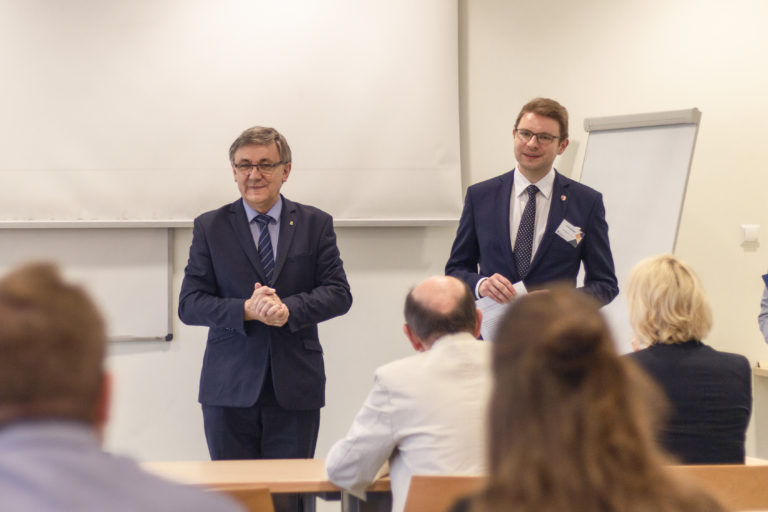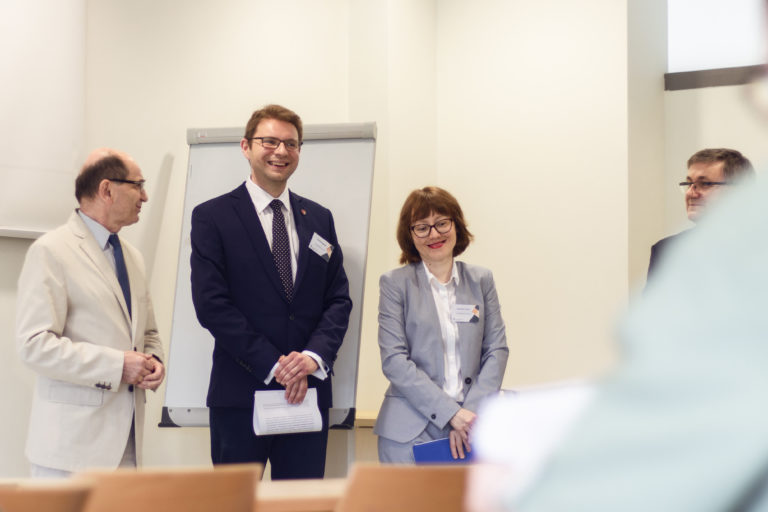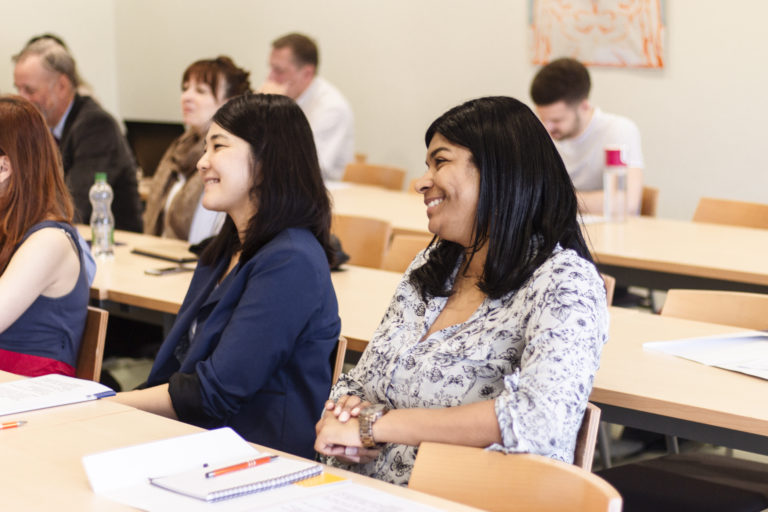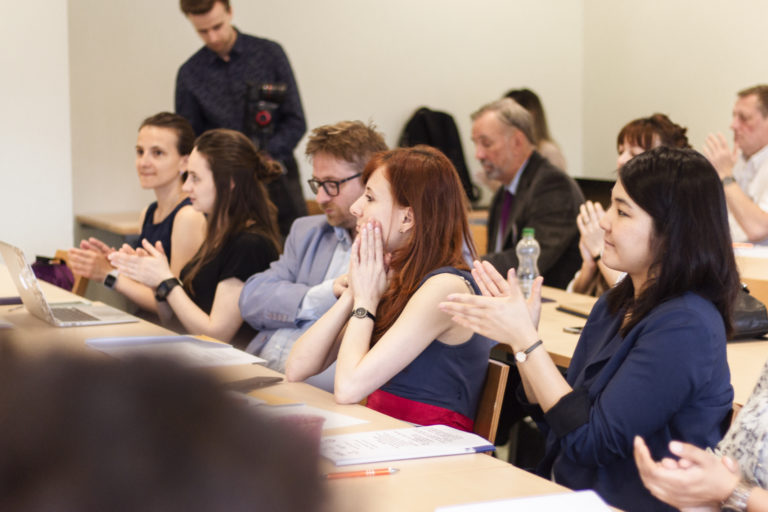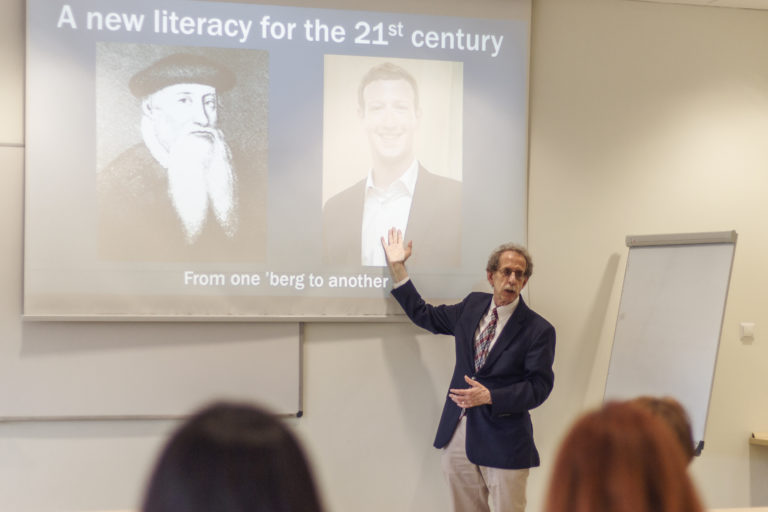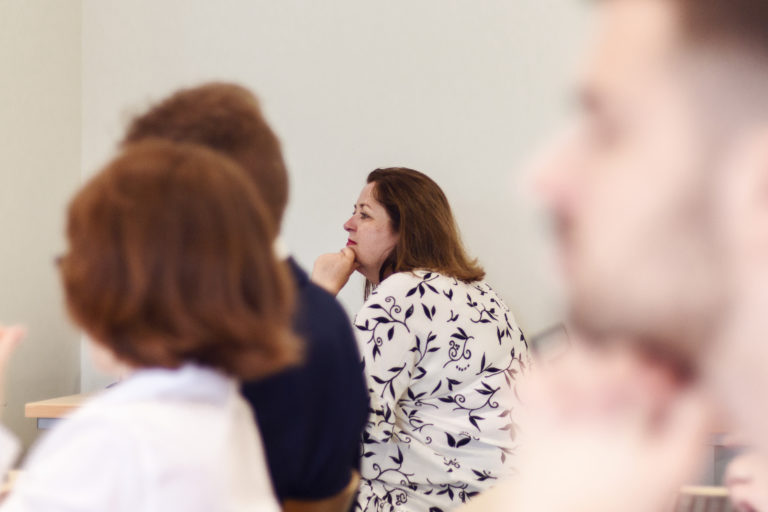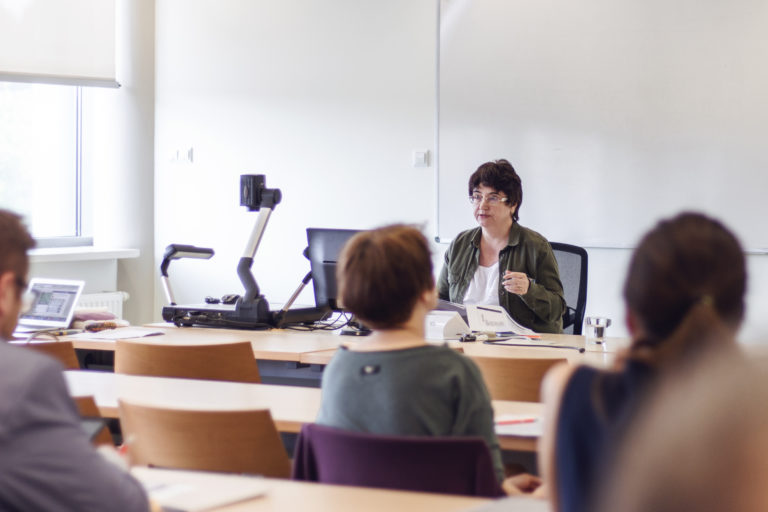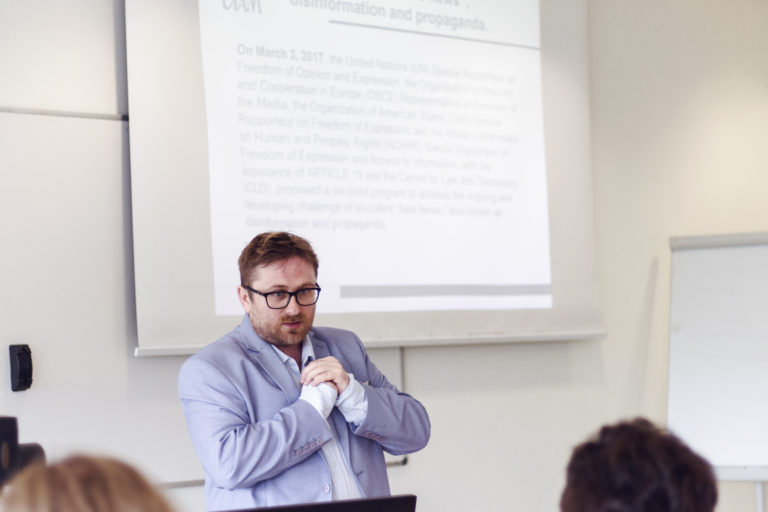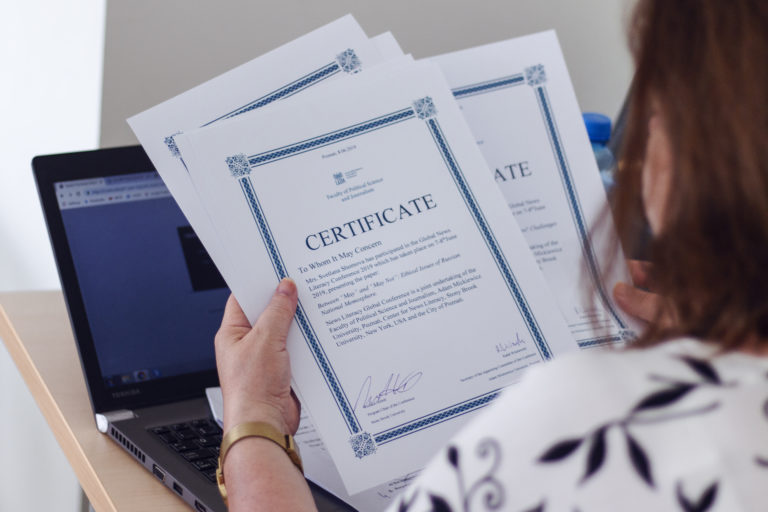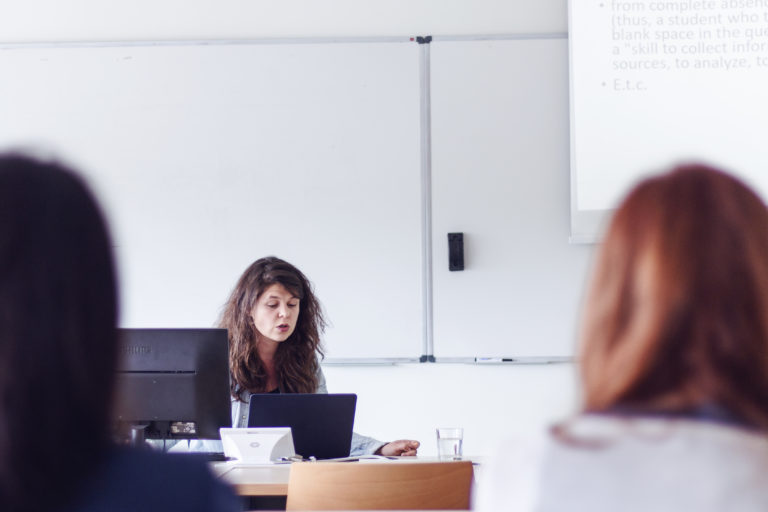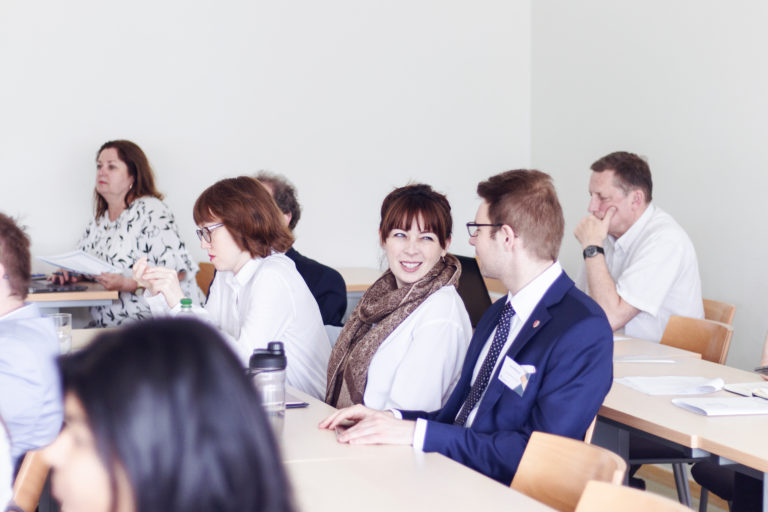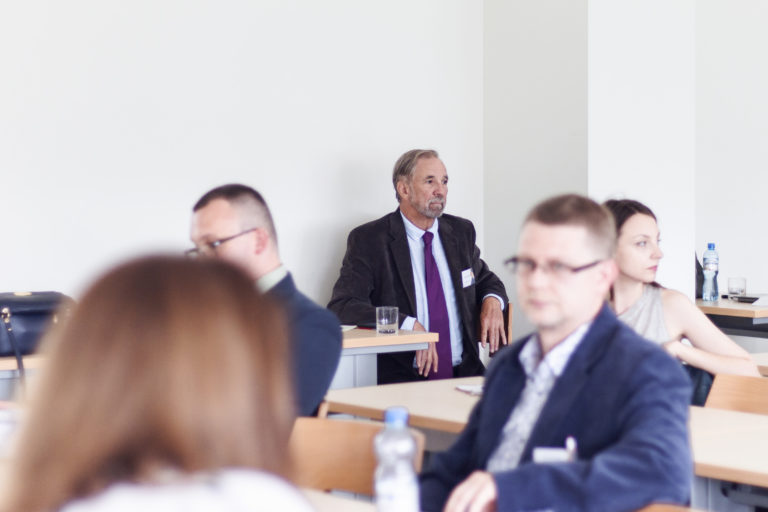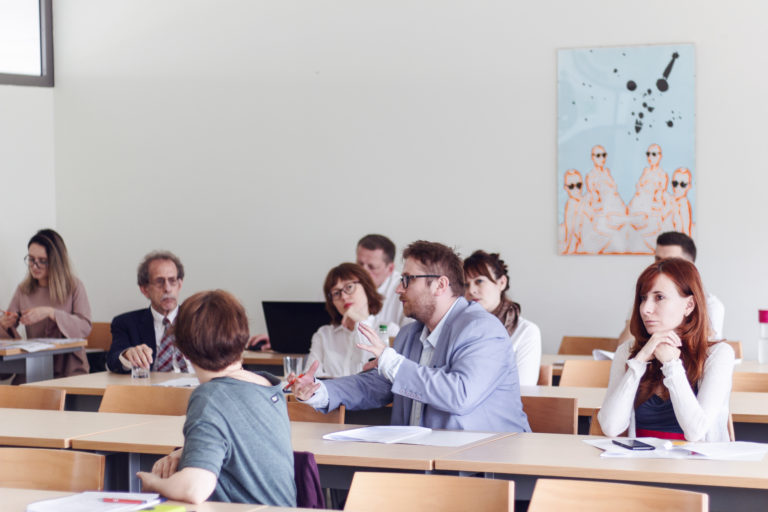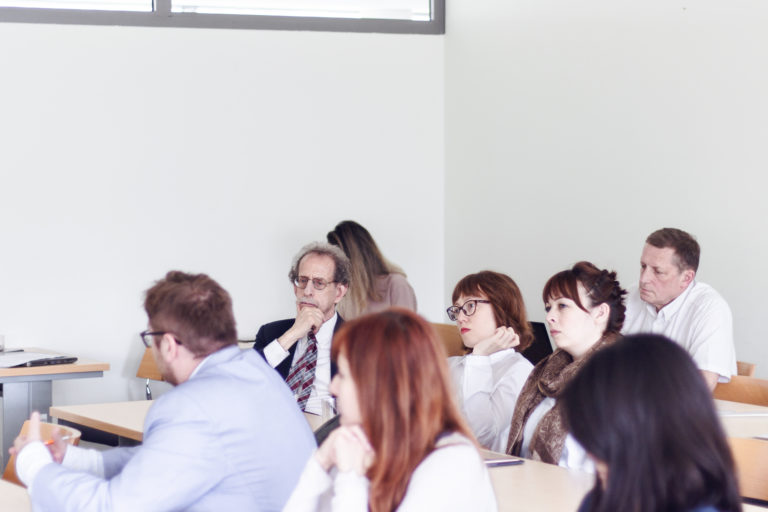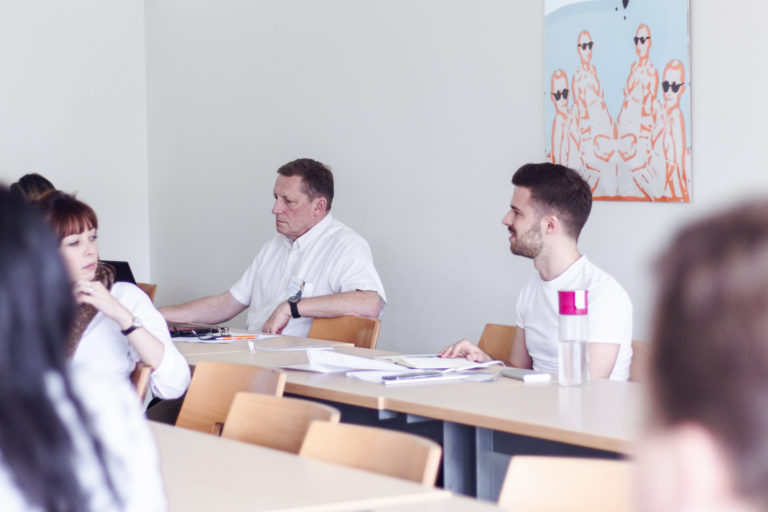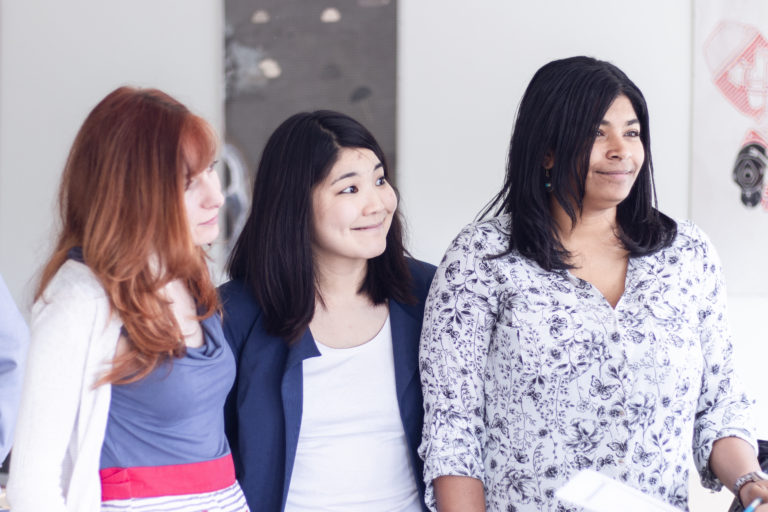NEWS LITERACY
GLOBAL CONFERENCE 2019
Photo Gallery
Invitation
How to cope with an information tsunami coming out every day from the screens of our devices?
What can and should be done about fake news and disinformation circulating in the Web?
Which education tools are best suited to raise the next generation as conscious and critical news consumers?
07.06
08.06
2019
Faculty of Political Science and Journalism, Adam Mickiewicz University, Poznań and School of Journalism, Stony Brook University (New York, USA) kindly invite all scholars, educators and NGO activists concerned with finding answers to these questions to join the News Literacy Global Conference
which will be held in Poznań on June 7-8 2019.
We will discuss a broad range of issue related to the evolution of media, their social and political influence, as well as opportunities
and challenges facing media education.
It will continue the discussion started at the first such conference
held at SBU in August 2017.
In both instances the starting point and context of our deliberations
will center on News Literacy. This pioneer media education curriculum
has been in constant development by SBU’s School of Journalism since 2007.
Later on it has been taken up and further modified by a global network
of academic partners, including (since 2014) AMU’s
Faculty of Political Science and Journalism.
We envision our conference as a venue for discussion, brainstorming and networking for a diverse group of participants, including scholars, teachers, fact checkers and various educators.
The conference is also one of the events commemorating Poznań University’s 100th anniversary
More information is available throughout this website.
Program
The News Literacy Global Conference is meant as a venue for discussion and reflection on opportunities
and challenges facing media education in general and news literacy in particular.
In order to achieve this goal we have divided the event into two parts: scientific and education-oriented.
Day
I
First day
The first day will be devoted to presenting results of scientific research
from the field of broadly understood social sciences,
with special emphasis on media studies.
We invite paper proposals focused on such topics as:
– Current media environment and its evolution
– Technological changes and their impact on news production
and consumption
– Disinformation and media manipulation
– Methods and tools of News Literacy and broader media education
– Measuring the effectiveness of News Literacy and broader media education
Presentation of papers and accompanying discussion will give a grasp
of the current state of research on factors with most direct impact
on media education and its success (or failure).
Second day
On the second day we will move the discussion to the practice
of News Literacy and broader media education.
We will give the podium to teachers, fact checkers and broadly understood educators who directly deal with opportunities
and challenges of media education on daily basis.
In this part we envision a roundtable discussion on the future of media education. The participants will also have an opportunity to present
a sample of their teaching methods and materials.
Day
II
Throughout the conference we will also include the experiences and know-how of scholars and educators representing various institutions comprising
the global News Literacy network (e.g. Stony Brook University, The University of Hong Kong, Vietnam National University,
Higher School of Economics in Moscow).
The proceedings of the I News Literacy Global Conference are available here.
Registration and information
Section
I
Scholars
Scholars will have an opportunity to present their research results
in form of a paper, but also to participate in broader discussion
on News Literacy and Media Education and to broaden their network gathering new ideas from both scholars and practitioners.
The first day of the conference will be focused
on research projects.
We invite original proposals for papers focused on two main topics:
– Current media environment: Patterns and Impacts
of Media Consumption Modes
– Media education: Approaches, Challenges and Successes
Educators/Teachers/NGOs
Educators/Teachers/NGOs: will have a chance to share, present
and learn new practices and experiences linked to News Literacy
and Media Education as well as fact-checking initiatives
in Poland and Europe.
The second day of the conference will be focused on educational practices and fact-checking initiatives.
Section
II
NOTE
Both groups should register on-line until April 15th 2019.
(Scholars and those educators/teachers/NGOs who are interested in presenting a paper or speech should also submit their paper proposal until this date). The Program Committee will confirm your participation until May 10th 2019.
Schedule
05.05.2019
Paper proposal submission via online form.
10.05.2019
Confirmation of paper’s acceptance
by the Program Committee.
27.05.2019
Submission of the conference papers
by selected participants
Program Comittee
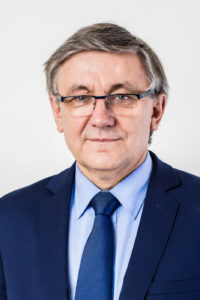
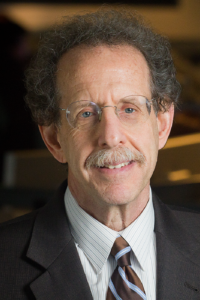
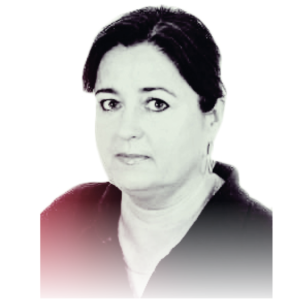
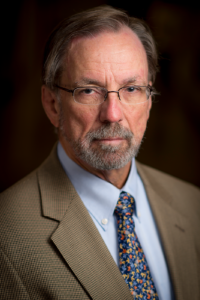
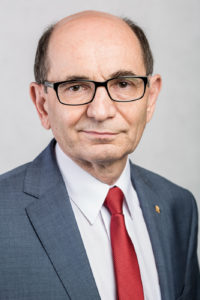
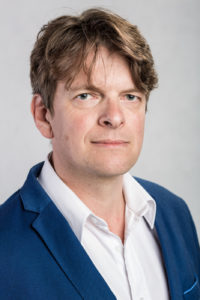
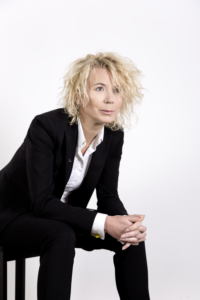
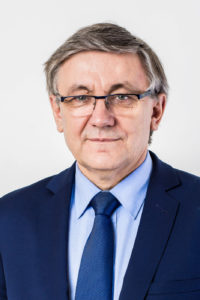
Professor Tadeusz Wallas
Head of the Center for News Literacy AMU, Vice-Rector AMU
for Human Resources and Finance, chair of Political Culture Departament, AMU Faculty of Political Science and Journalism.
He determines strategic directions of the Center's activities.
He is a member of the Political Committee of the Polish Academy
of Sciences, a member of the International Society of Political Sciences,
the Polish Political Science Society and the Polish Society
for European Studies.
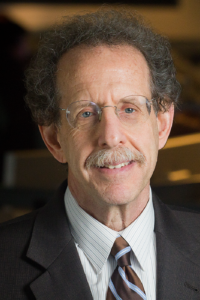
Howard Schneider
Howard Schneider is the Founding Dean of the School of Journalism
at Stony Brook University.
For more than 35 years, Schneider was a reporter and editor
at Newsday and he was also a managing editor.
He is the Executive Director of the school’s Center for News Literacy.
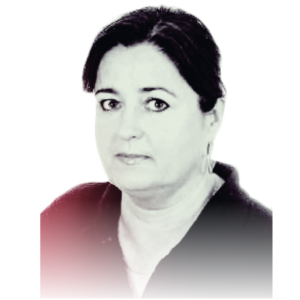
Professor Dorota Piontek
Chair of Social Communication Departament
at the Faculty of Political Science and Journalism AMU.
She is an expert in political communication and political markieting.
She works on scientific basis of News Literacy programme
and she lectures as part of News Literacy Summer Institute in Poznań.
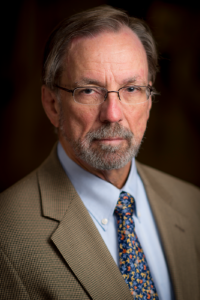
Richard Hornik
Richard Hornik is Director of Overseas Partnership Programs
for the Center for News Literacy at Stony Brook University,
where he has lectured on journalism since 2007.
In the fall of 2012, he was a visiting lecturer at the University of Hong Kong. A journalist and news executive with over 30 years of global experience,
he is also an editorial consultant, who has designed and implemented editorial reorganizations at Reuters and the Harvard Business Review.
In 2011 he served as the Harvard Business Review’s Interim Editor.
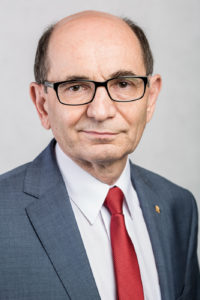
Professor Andrzej Stelmach
Dean of the AMU Faculty of Political Science and Journalism,
chair of Political Systems Departament.
He belongs to the Polish Political Science Association
and The Poznań Society for the Advancement of Arts and Sciences.
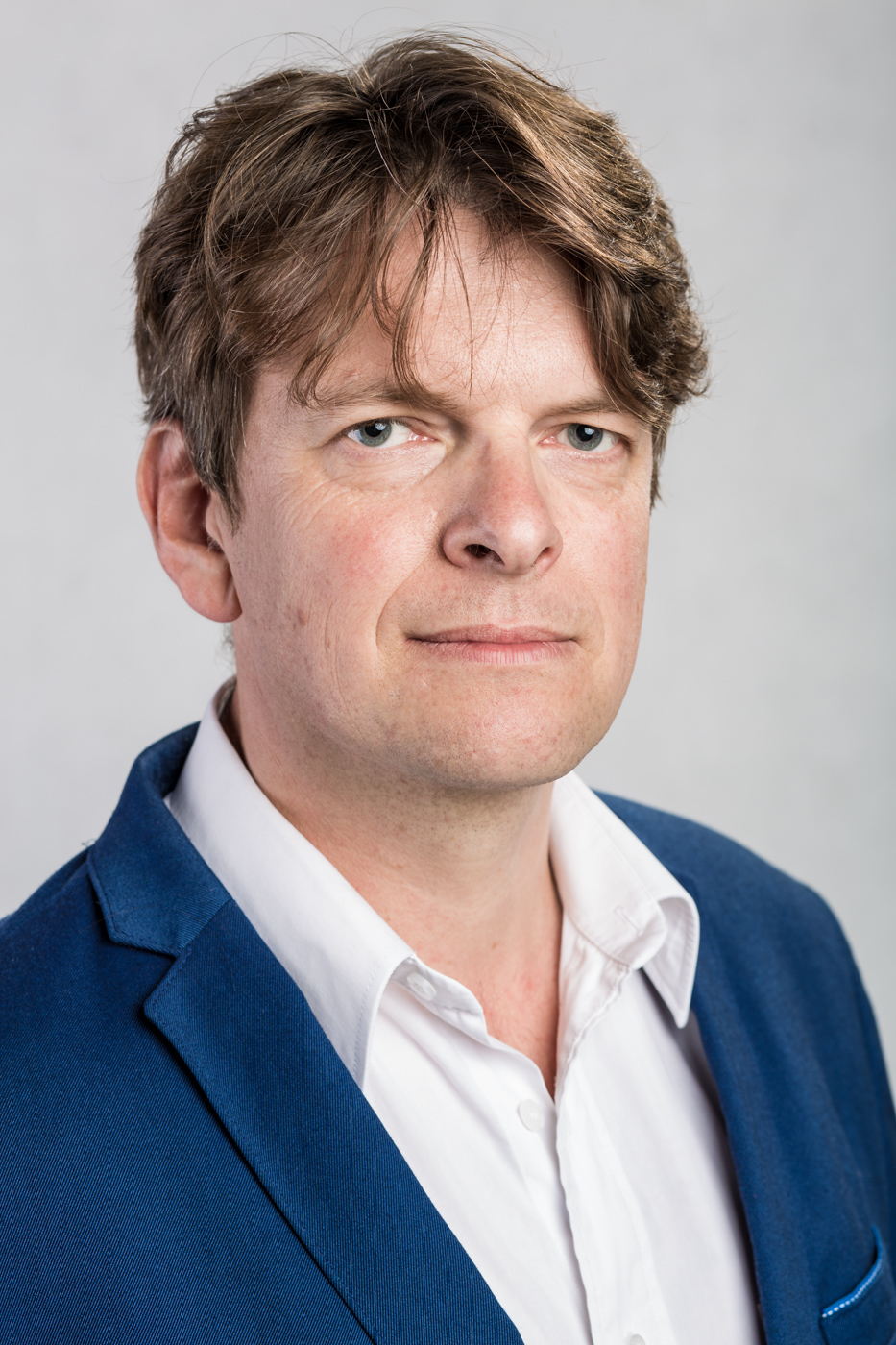
Professor Radosław Fiedler
Vice-Dean for International Cooperation, chair of Non-European Political Studies Department and Faculty Coordinator of the Erasmus+ Program
at the Faculty of Political Science and Journalism AMU.
In scientific work he deals with: Middle East,
the problem of nuclear proliferation, religious fundamentalism, terrorism, business and police negotiations and the media view in the media.
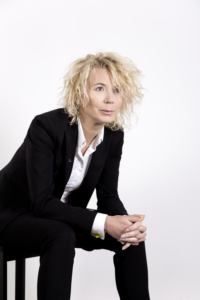
Iwona Matuszczak-Szulc
Director of the City Development and Foreign Relations Department in Poznań City Hall, lecturer of specialist subjects,
originator and executor of numerous national and international projects. She is interested in processes that affect the city's development with particular emphasis on strategic planning and social issues. Privately, she is a mother of three children, loves traveling and mountain long-distance running.
Organizational Committee
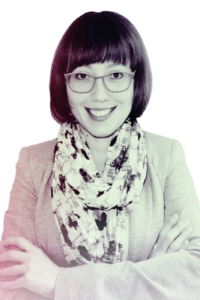
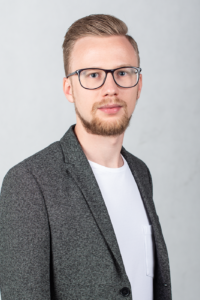
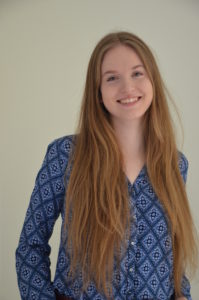
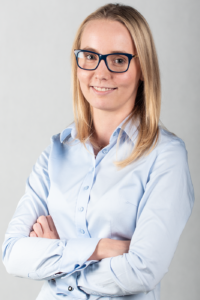
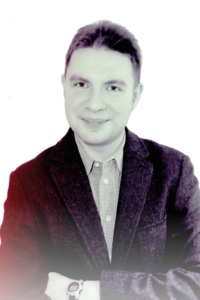
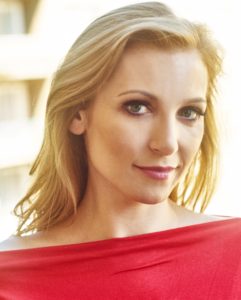
Adam Mickiewicz University in Poznań
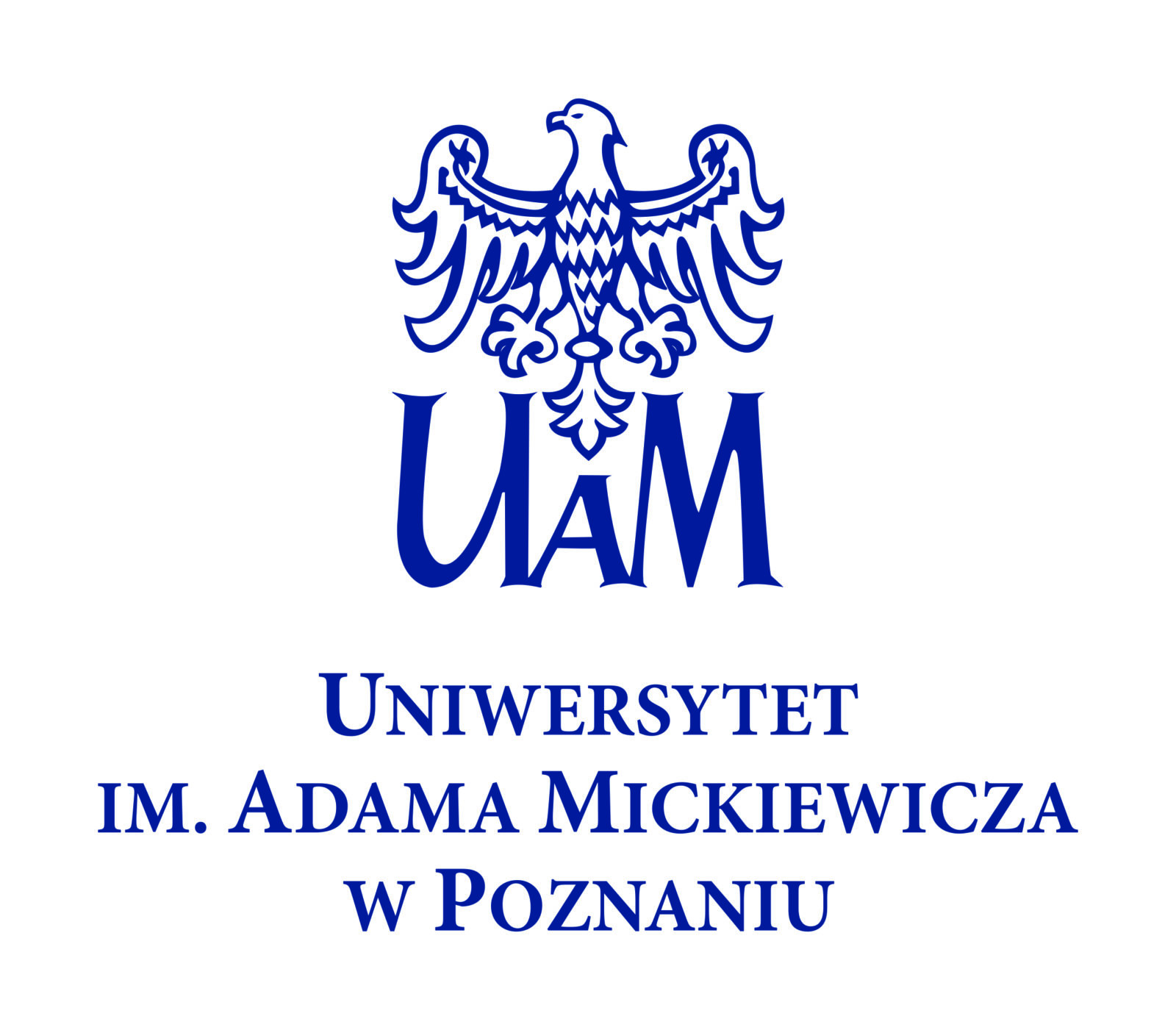
The 100th anniversary of Adam Mickiewicz University’s establishment in Poznań
is celebrated in this academic year. It was founded as Polish University in Poznań in 1919
and it had several names in the last century, among them Poznań University.
Eventually it was named as Adam Mickiewicz University in 1955.
It is worth knowing that it’s real beginnings date back to the 17th century!
It is one of the best universities in Poland and it constantly stays at the forefront of national rankings.
The university offers education in fifteen faculties, on three levels, in full-time as well as part-time modes. About 40,000 people study at AMU. Its Rector is prof. AMU dr hab. Andrzej Lesicki.
The faculties of AMU are located in various parts of Poznań but its headquaters stay in the city center – Collegium Minus on Wieniawskiego Street.
Faculty of Political Science and Journalism
of Adam Mickiewicz University
One of fifteen AMU’s faculties, founded in 2008.
Previously known as Institute of Political Science and Journalism at the Faculty of Social Sciences.
It’s first dean was prof. AMU dr hab. Tadeusz Wallas.
Since 2016 this position is held by prof. AMU dr hab. Andrzej Stelmach.
The faculty’s building is located on Morasko Campus.
The following fields of study are open for students: Political Science, International Relations,
Journalism and Social Communication, National Security, Public Governance.
In 2016 a congress of International Political Science Association was held
at the Faculty of Political Science and Journalism.
The year of 2018 came with the 10th anniversary of the faculty foundation.
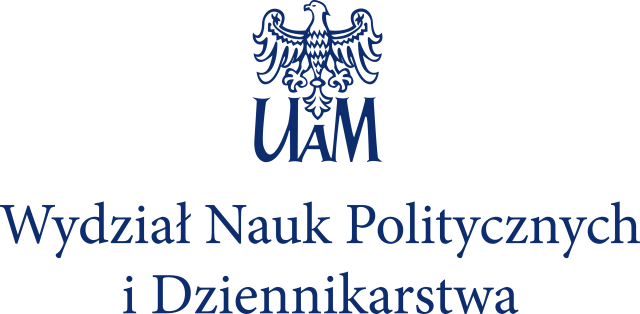
Stony Brook School of Journalism

The Stony Brook School of Journalism was established in 2006 and it’s founder is Howard Schneider
– the former editor of “Newsday”.
In addition to its core undergraduate and masters programs, the school operates three Centers:
The Center for News Literacy, the Marie Colvin Center for International Reporting
as well as the Alan Alda Center for Communicating Science.
The School’s goal is to advance the public interest in a dramatically-changing world by educating journalists, public communicators and news consumers to value and transmit information that adheres
to the highest standards of clarity, accuracy and reliability.
The Center for News Literacy at Stony Brook University
The Center for News Literacy at Stony Brook University is committed to teaching students
how to use critical thinking skills to judge the reliability and credibility of news reports and news sources. Through the Digital Resource Center materials for high schools and general public are provided.
Howard Schneider, founder of the School, realized that a large cohort of students were lost
in the digital flood of information which lead to a defensive cynicism
and unwillingness to trust that information could be anything other than spin.
With the idea of training citizen news consumers and journalists, the Center of New Literacy
came to life which has taught New Literacy to over 10 000 Stony Brook undergraduates
as well as 7000 other at 18 universities in the United States and in 11 countries overseas.

Mail and postal address
newsliteracywnpid@gmail.com
Address
Faculty of Political Science and Journalism,
ul. Umultowska 89a, 61-614 Poznań
